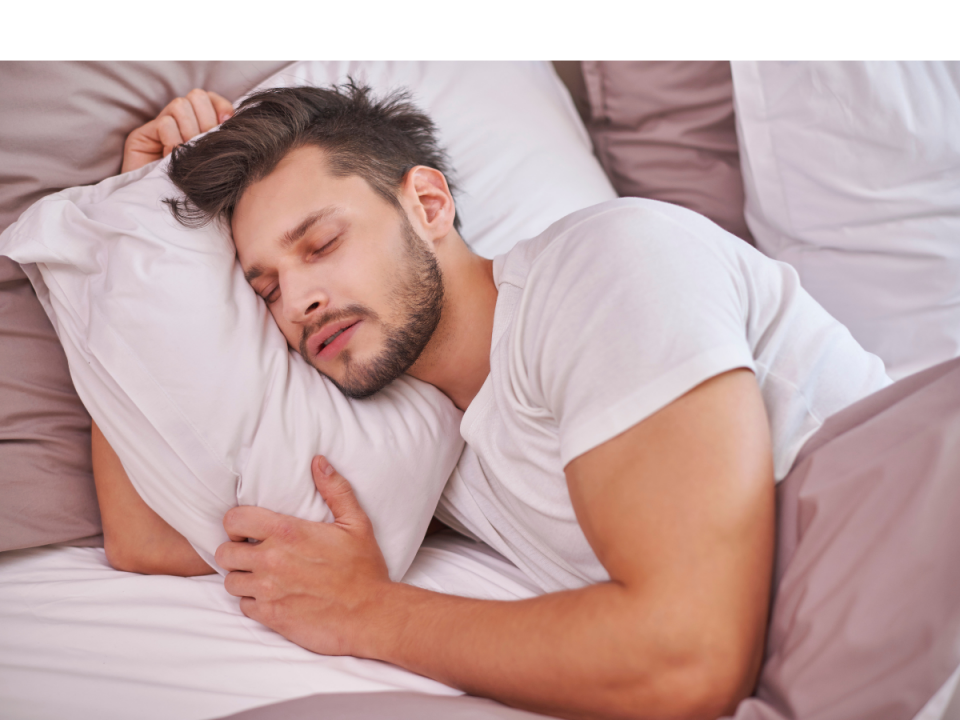We’ve all experienced the negative effects of insufficient sleep, including mood swings, a fuzzy head, and falling asleep in meetings. Everybody experiences occasional sleeplessness, but it is up to each of us to prevent chronic sleep deprivation from having a harmful influence on both the inside and outside of our bodies.
But are those sleepless nights really worth it or could sleep deprivation ruin everything for you?
Even while appearances don’t always reflect reality, they are one of the most visible signs of sleep deprivation in ourselves and in others.
Lack of sleep severely slows down your cellular turnover and surface processes since your body heals itself when you sleep. To heal wounds, even minor ones like acne scars, or to maintain firm, buoyant skin, we need to get enough sleep.
Everything from hyperpigmentation to puffy eyes to fine wrinkles can be avoided thanks to this. Additionally, as we age, our skin loses elasticity, firmness, and brightness.
Stress, which causes fatigue, raises cortisol levels in the body. In terms of your strands’ normal growth cycles, this might result in premature hair loss, which has become more typical with Covid-19 recovery.
While stress-related shedding may frequently be regrown, prolonged sleep loss can permanently harm your follicles since it causes them to come back thinner.
In keeping with one important feature of hair retention, reducing stress is necessary if you want strong, thick strands. Additionally, if your body is well-rested, you will have greater blood circulation. This will increase the amount of nutrition and oxygen your follicles get, allowing them to develop stronger and maintain their anchorage longer.
According to one research, 80% of depressed people have some form of sleeplessness, so if you have depression like the hundreds of millions of other people worldwide, you are likely to experience it as well. Sources caution that sleeplessness only becomes worse with age.
Anxiety problems can do the same, but naturally, a wandering mind is like a shot of espresso before bed. Even worse, according to some, sleep loss can cause or aggravate anxiety symptoms. It’s a nasty cycle that has to be broken.
